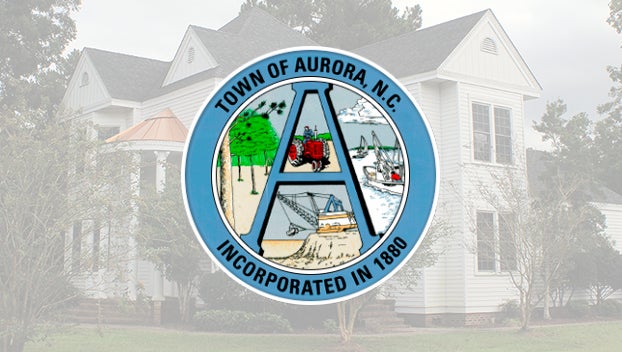Top 10 of 2017: Opioid epidemic has firm hold in Beaufort County
Published 4:14 pm Monday, January 1, 2018
The growing epidemic of opioid addiction, overdoses and deaths in Beaufort County remains a top story of 2017.
Ten years ago, narcotics officers were chasing down cocaine and crack dealers in Beaufort County. Those days are gone in the wake of a national epidemic of prescription pain pill addiction and the often inevitable slide into heroin use.
“We’re going just as hard as we can to get it off the street,” said Lt. Russell Davenport, head of the Beaufort County Sheriff’s Office drug unit in an earlier interview. “It’s a priority for us.”
Since 2015, North Carolina has had a 73-percent increase in opioid-related deaths; the state is now in the top 10 states for opioid deaths. In 2017, Beaufort County EMS squads responded to more than three overdoses per week, every week of 2017, with most of those overdoses happening in Chocowinity, according to Beaufort County Emergency Services statistics.
The national epidemic has forcefully made itself known at home, according to Jim Madson, director of Beaufort County Health Department.
“I’m surprised how much overdosing has become such an issue in our country. I may be less surprised (than others) because I’ve seen it coming for a few years, but as for how strong it’s gotten here in the past few years? Yes, I’m surprised,” Madson said.
Beaufort County Department of Social Services has seen a significant increase of infants coming into its foster system because babies are being born to opioid-addicted mothers.
“Right now, we looked at our numbers earlier this year, and we’ve got more babies than we have teenagers. When I first came here in 2009, we had a heavy teenager (roster). It’s flipped,” Laurel Miller, deputy director of Beaufort County DSS, said in an August interview.
“People are addicted to some really difficult drugs now, and it’s not safe for babies to go home with them.”
2017 was the year in which multiple agencies began to address the issue.
On June 1, the Kate B. Reynolds Charitable Trust announced its decision to grant $906,000 to Metropolitan Community Health Services in Washington, specifically to combat opioid abuse. The grant money is part of the Charitable Trust’s Healthy Places NC program, which seeks to fund more health resources to rural areas over a 10-year period.
In July, the Beaufort County Board of Commissioners was entreated by Fred McClure, then-president of the North Carolina Association of County Commissioners, to tackle opioid abuse on a local level.
“It is time for the county commissioners to take a leadership role in addressing the fundamental causes of this problem and initiate local steps to intervene in these trends,” McClure wrote
McClure asked that every county board meet for an informed discussion with all local elected officials to discuss what he calls a “significant health threat to our citizens.”
In September, representatives from the health department, school system, department of social services, law enforcement, EMS, mental health services and more with Beaufort County Commissioners to discuss what methods can be used to combat the over-prescription, illegal sale, ultimate addictions to, and overdoses from, opioids such as prescription painkillers and heroin.
In December, 12/2 Shine the Light was held at on the Washington waterfront. It was a celebration of music, food and ministry in which the weighty subject of the opioid epidemic and the many people it affects — parents, children, grandparents, friends — was addressed. The work of C.R. Temple and his Same Power Ministries, Temple stressed that the opioid epidemic needs a light shined on it because addiction is so prevalent, across age, gender, race and class.
“It’s evident now. It’s all over. … Eventually (everyone is) going to have a child or someone in their family that’s going through this,” Temple said.
Across the board, the consensus is that a multi-pronged approach involving public agencies, private entities, law enforcement, health department, mental health services, social services and more all must play a part in reining in Beaufort County’s addiction.
“We want to start putting some tangible interventions into our community,” Madson said. “We really have to address the abuse of prescriptions; we need to really address prevention and treatment; and then we have to recognize the need for getting the illegal substances off the streets, as well.”





